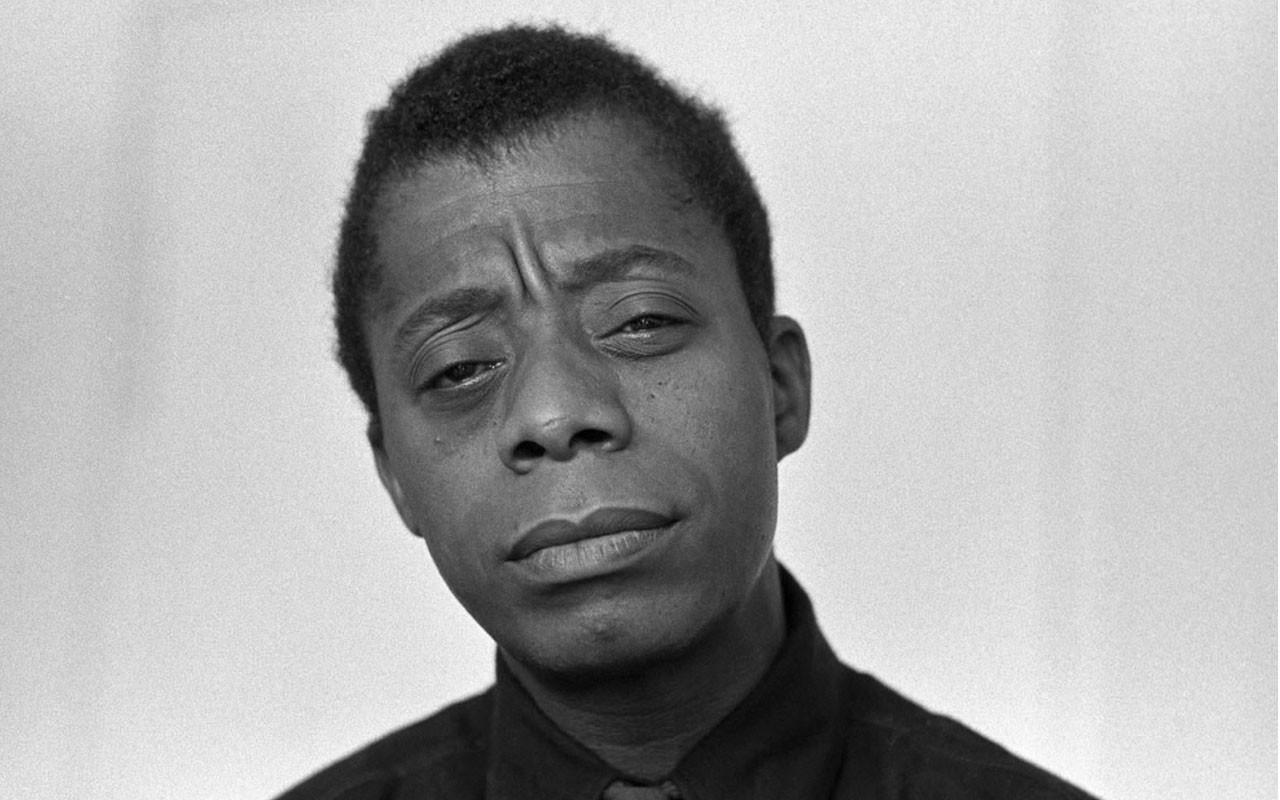The Fire Next Time

Following the murder of George Floyd, I found myself searching to better understand race in America. I needed to know why a police officer found it even conceivable to put his knee, for 8 minutes, on the neck of George Floyd. I imagine that it is not customary practice for police officers to do this in the USA but I still needed to know why a civil servant thought that they might get away with this act.
I’d heard a lot about James Baldwin but had not read any of his work. I figured this was a great opportunity to dive in. A friend, Mike Schwartz, recommended The Fire Next Time and went ahead to lend me a physical copy. It was easily my favorite read of 2020.
It was highly instructive and threw away my preconceived notions about the black American experience, and shed light on things and feelings that an outsider like me might never encounter. I am an African. A black one by definition. I have been to the United States of America numerous times over the last 11 years. First as a student researcher and later through work engagements and conferences. While I wear the same skin as my African American kin, I always felt that my experience of America was dissimilar to theirs. And I did not know why. Or rather, I did but in a way that was only skin deep. In reading this book, I made a small but important dent into figuring out this puzzle.
Mr. Baldwin, in writing these letters to his 15 year old nephew, aims to elaborate on the negro experience and the burden that comes with it. Not only for black people but all Americans. He lays down arguments that are visceral yet elegant despite the complex nature of such an undertaking.
Baldwin takes America to task by reminding it of what it has done in the name of history. A history of white supremacy and fragility. The idea of an America that white people will go to any means to protect at the cost of black lives. Baldwin recognizes that the situation is dire but urges against falling into a state of helplessness. He urges the American people to tap into their collective morality and turn away from this lie as a precondition for progress. He asks them to question their thoughts and beliefs about race. As we know, the questions we ask ourselves change along with the times. And it is for this reason that we rewrite history but leave it open to interpretation.
While he wrote these letters over 50 years ago, they are just as relevant today. Baldwin notes that human beings are each other’s only hope and advocates that Americans unite towards justice as a common goal. Amidst a kaleidoscope of emotions, I was left pondering the possibilities that America could accomplish if they attempted to answer the enormous question of race.
Thank you to Mike, Arnab and Nikissi for your reviews and feedback on early drafts of this article.